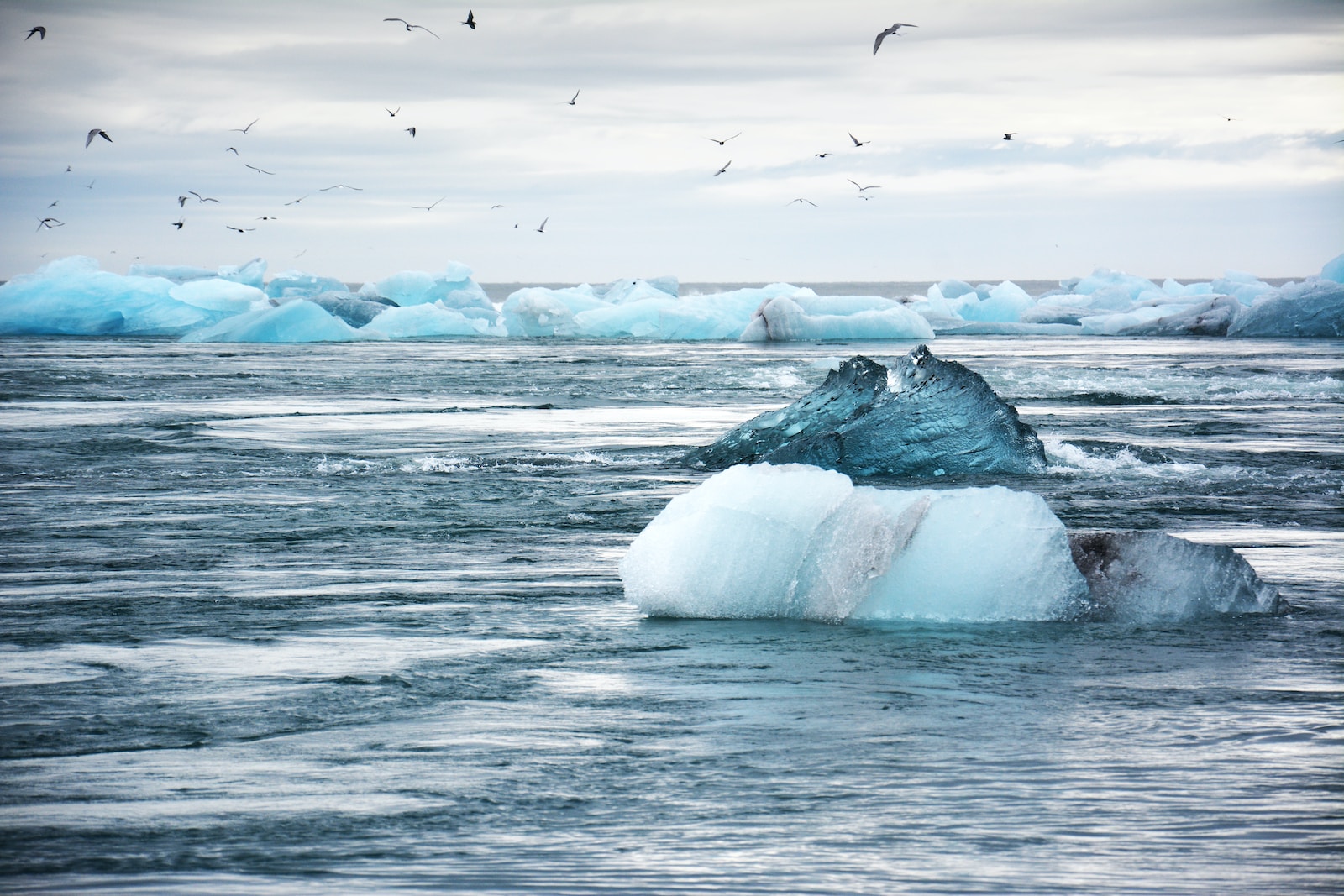Table of Contents
ToggleIntroduction
Record land and sea temperatures in 2023 have shattered previous records, indicating that climate change is outpacing efforts to limit global warming. Climate experts warn that the goal of keeping long-term warming within 1.5 degrees Celsius is slipping out of reach, with temperatures breaching the 1.5C threshold for several days in the northern hemisphere summer and sea temperatures reaching record levels. Extreme weather events like heatwaves, droughts, and cyclones have become more frequent and intense, causing deaths, economic losses, and ecological damage. Despite these alarming trends, progress in climate talks has been slow, and carbon emissions continue to rise, putting the planet on a dangerous path of irreversible damage.
1.5C Threshold Breached in Northern Hemisphere Summer:
The EU-funded Copernicus Climate Change Service (C3S) has reported that average global surface air temperatures were more than 1.5C above pre-industrial levels for several days in the northern hemisphere summer that started on June 1. This is the first time the 1.5C threshold has been breached in the northern hemisphere summer.
Extreme Heatwaves Hit China and the US:
This year, temperatures have broken June records in the Chinese capital Beijing, while parts of North America were some 10C above the seasonal average. Smoke from forest fires blanketed Canada and the US East Coast in the hazardous haze, with carbon emissions estimated at a record 160 million metric tons.
Climate-Vulnerable Regions Suffer Deaths and Record Temperatures:
Sustained high temperatures in India have caused deaths to spike, while Spain, Iran, and Vietnam have experienced extreme heat, raising fears that last year’s deadly summer could become routine.
66% Chance of 1.5C Threshold Being Crossed by 2027:
Countries agreed in Paris in 2015 to try to keep long-term average temperature rises within 1.5C, but the World Meteorological Organization predicted in May that there is now a 66% likelihood the annual mean will cross the 1.5C threshold for at least one whole year between now and 2027.
Quadruple Whammy Hitting Oceans:
Global average sea surface temperatures hit 21C in late March and have remained at record levels for the time of year throughout April and May. This warming has been intensified by an El Nino event, the decline in Saharan dust blowing over the ocean, and the use of low-sulphur shipping fuels.
Heat-Induced Algal Blooms and Dead Fish on Beaches:
Warmer seas have caused heat-induced algal blooms and dead fish to wash up on Texan beaches, and sea lions and dolphins have been killed by algal blooms in California.
Punishing Droughts and Rare Cyclones:
This year has seen punishing droughts across the world, as well as a rare and deadly cyclone in Africa.
Lack of Momentum in Climate Talks:
The Worldwide Fund for Nature has warned of a “worrying lack of momentum” during climate talks in Bonn this month, with little progress made on key issues like fossil fuels and finance ahead of November’s COP28 climate talks in Dubai.
Talks between US and China Could Resume:
Talks between the US and China could resume next week with US climate envoy John Kerry set to visit Beijing, though few expect it to add momentum to climate negotiations.
Reality Check Needed to Change Politics:
Experts say the extent and frequency of extreme weather are increasing, and urgent action is needed to limit future warming. A reality check is needed to change politics and increase momentum toward meaningful climate action.
Urgent Action Needed to Limit Future Warming:
Despite the challenges, it is possible to limit future warming through ambitious climate action such as reducing greenhouse gas emissions, investing in renewable energy, and transitioning to a low-carbon economy. Urgent action is needed to prevent the worst impacts of climate change and protect vulnerable communities.
Conclusion
The latest data on record land and sea temperatures and extreme weather events signal a crucial tipping point for climate action. While the challenges are daunting, the urgency and scale of the problem require a rapid and comprehensive response from governments, businesses, and individuals. To limit future warming and safeguard the planet’s ecological and social systems, ambitious climate action is needed, including reducing greenhouse gas emissions, investing in renewable energy, and transitioning to a low-carbon economy. Failure to act decisively and collectively will result in catastrophic consequences for the planet and future generations.







